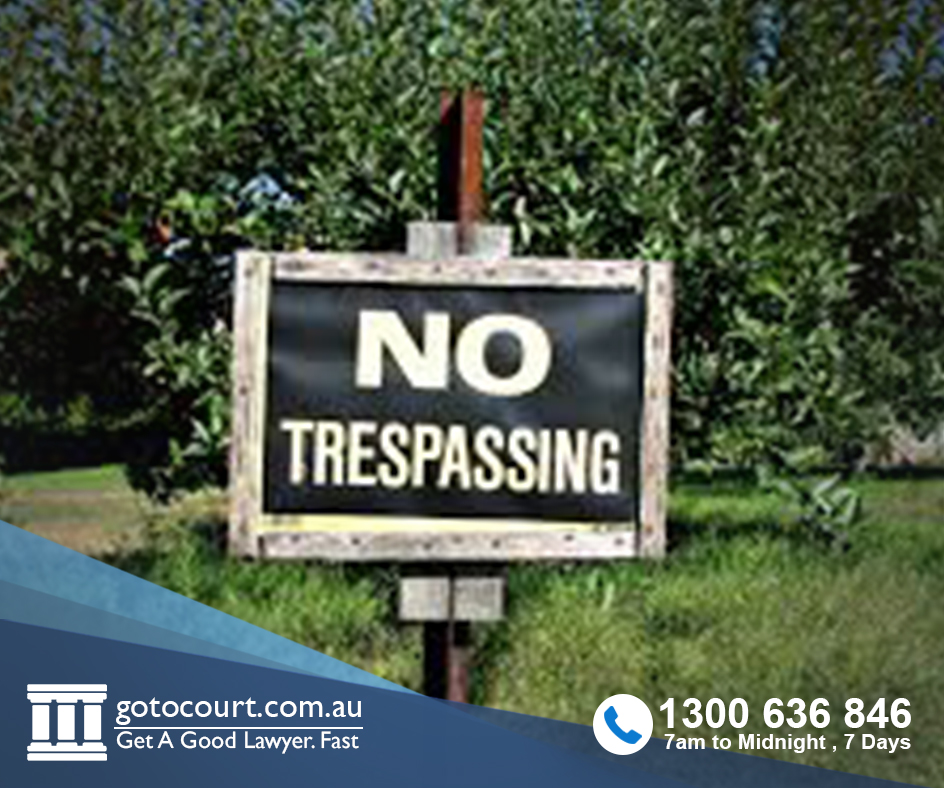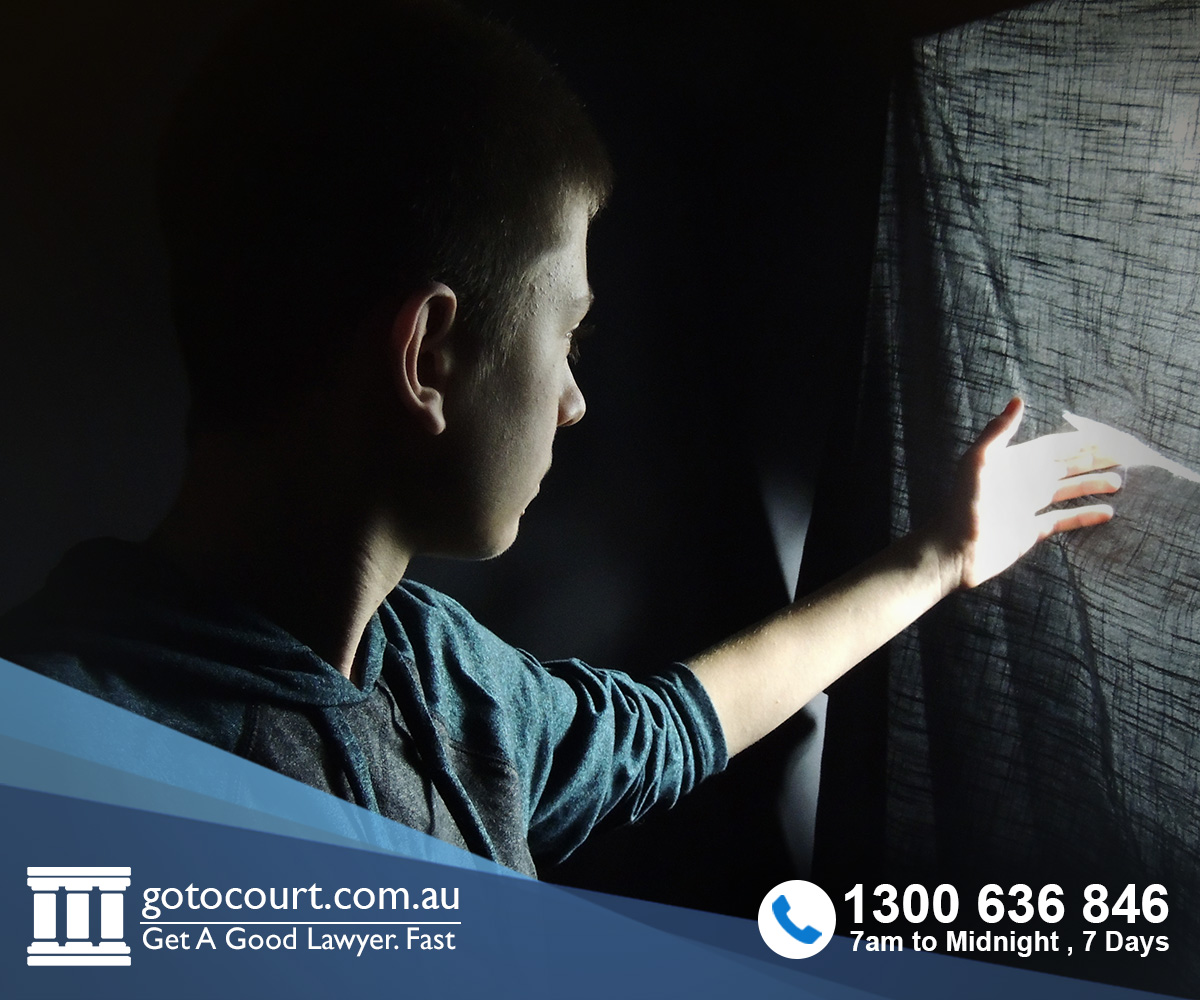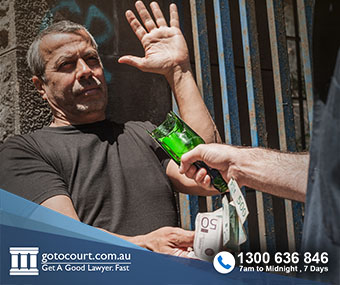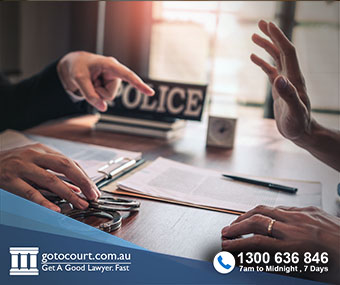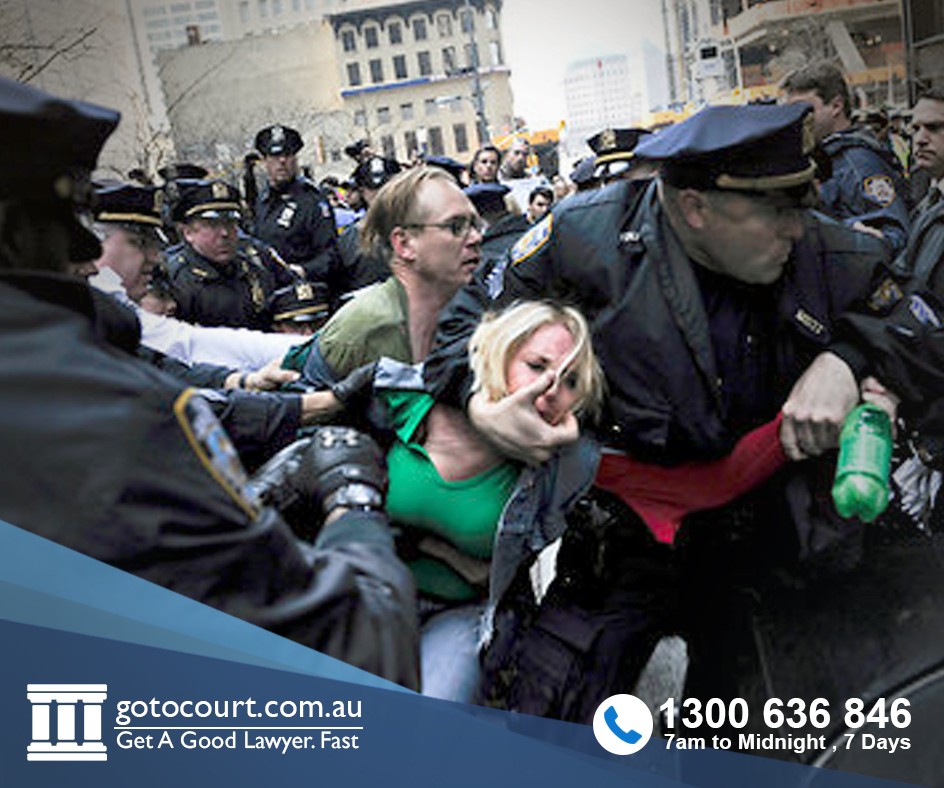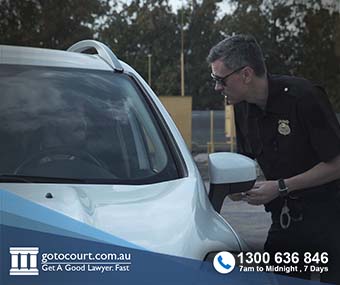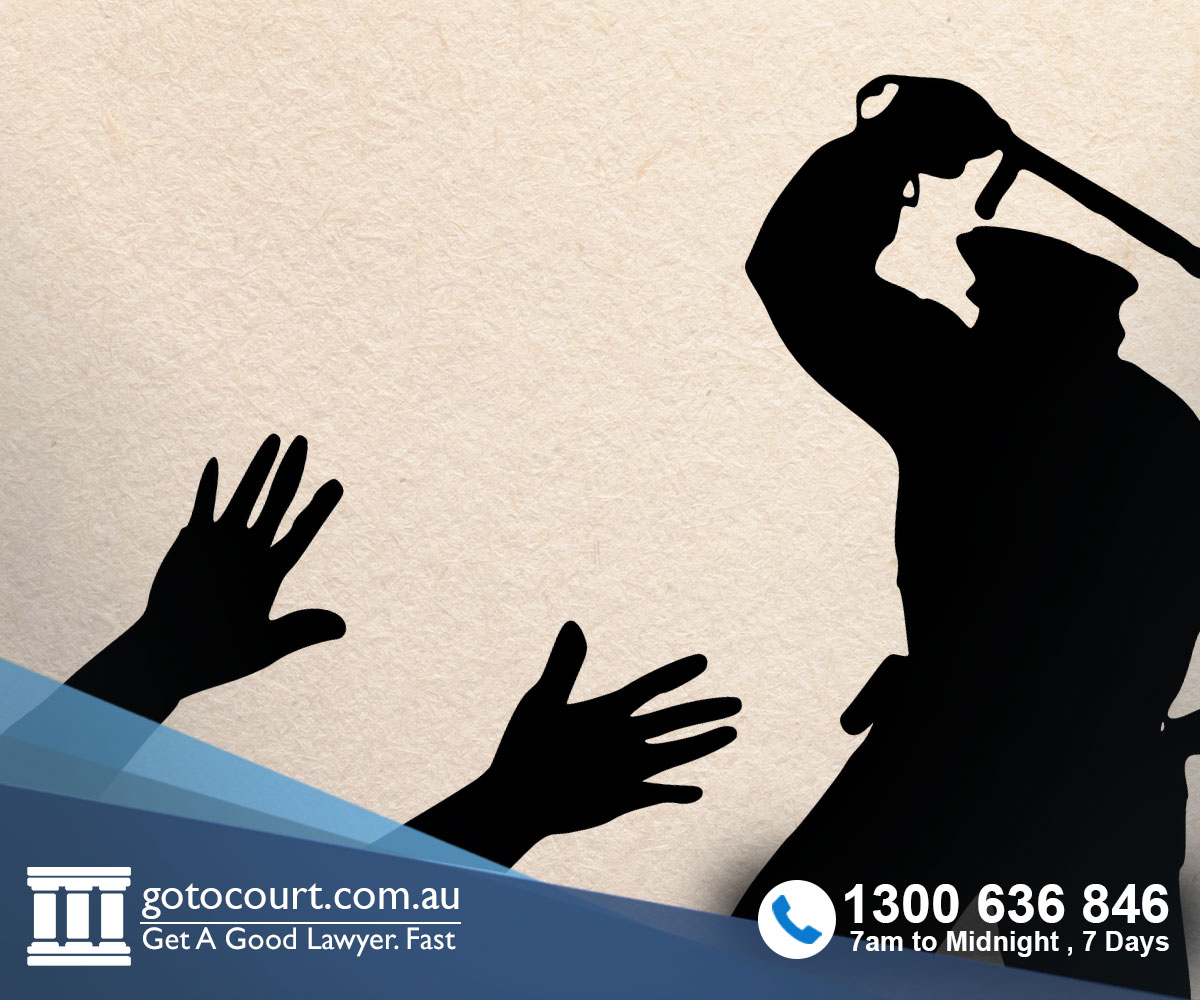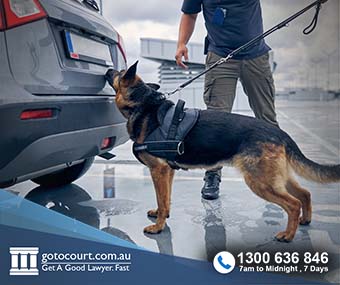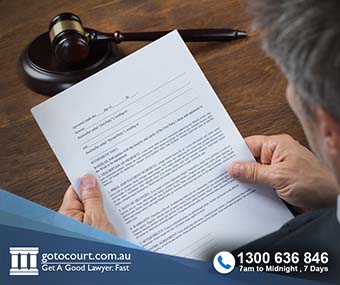Personal Searches in Queensland
Personal Searches in Queensland
Under the Police Powers and Responsibilities Act 2002, police in Queensland have the power to conduct personal searches without a warrant in some circumstances. Police can also obtain a search warrant to conduct a personal search, or search property or vehicles. This article deals with personal searches in Queensland.
Searches by consent
It is important to remember that if you consent to a search or to any other exercise of police power, the police no longer have to rely on their powers under the Act. Consent may legitimise what would otherwise be unlawful.
When can police conduct a search?
The Act not only gives police their powers to conduct personal searches but also places restraint on police exercising excess power. Before police can exercise certain search powers, there must be a level of suspicion about a certain individual or place, which justifies conducting a search. This ensures that police do not have total power to search any member of the public or their private dwelling for no reason.
The level of suspicion required for personal searches in Queensland is that of reasonable suspicion. This means that before exercising search powers without warrant, police must have more than a ‘mere idle wondering.’ Police must have a positive feeling of mistrust or actual apprehension that amounts to a slight opinion before acting and conducting a personal search without a warrant. This threshold that police must meet before conducting searches, will only apply to certain types of searches.
Can the police search any public place?
Police can search a public place for evidence of the commission of an offence. Police may seize an item that is reasonably suspected to be evidence of an offence.
When can the police search me?
The powers of police to search a person and their possessions will differ depending on whether that person is in custody or not. When someone is in lawful custody, the police have more extensive powers to conduct more invasive searches.
Power of police to search persons in custody
A person in custody means they have been lawfully arrested or are in lawful custody prior to a charge being laid.
A police officer may search and re-search a person in custody.
Police have the power to seize anything reasonably suspected of providing evidence of the commission of an offence, any item that may endanger someone’s safety, any item that could be used for escape or anything else police reasonably consider should be kept while an individual is in custody.
Police powers to search persons without a warrant
Police have the power to stop, detain and search any individual or their possessions if the police have reasonable suspicion that a person is any of the following:
- A participant in a criminal organisation;
- Has a weapon or explosive in their possession;
- A dangerous drug is on their person;
- They are in possession of stolen property, unlawfully obtained property or tainted property;
- Evidence of an offence is on their person;
- They have an antique firearm without permission;
- Anything that is primarily used to steal vehicles, implement housebreaking or to administer a dangerous drug is in their possession; or
- They have a tool or item that could cause harm to someone.
Police will also have the power to seize any items found if these items provide evidence of the commission of an offence or could be used to cause harm to someone.
What are the rules around the procedure of the search?
The following rules apply to police searches.
Conducting a search
Regardless of the reason or type of search conducted, a police offer must exercise a lawful search.
Police are allowed to use force to search a person, provided is it reasonably necessary force which is not likely to cause grievous bodily harm or death. In a critical situation, a greater level of force may be used.
If a person obstructs a lawful search, police must warn them that it is an offence to do so and give the individual a reasonable opportunity to stop obstructing the search.
Strip searches
Any search must be conducted in a way that causes minimal embarrassment to the person, whilst protecting the dignity of that individual.
Public searches should be restricted to outer clothing, unless it is an urgent search. In which case, this search should be conducted out of public view. Searches must also be conducted by police officers of the same sex as the individual or by a doctor, unless the search is urgent.
If a strip search is conducted, the individual must be given the opportunity to remain partly clothed during the search. This means that an individual should be allowed to dress their upper body before being required to remove clothing from the lower body.
A police officer conducting the search is not authorised to make any physical contact with the genital areas of the person searched, but can require the individual to hold their arms in the air or bend forward with their legs apart to allow for visual examination.
If you require legal advice or representation in any legal matter, please contact Go To Court Lawyers.

Affordable Lawyers
Our Go To Court Lawyers will assist you in all areas of law. We specialise in providing legal advice urgently – at the time when you need it most. If you need a lawyer right now, today, we can help you – no matter where you are in Australia.How It Works




1. You speak directly to a lawyer
When you call the Go To Court Legal Hotline, you will be connected directly to a lawyer, every time.

2. Get your legal situation assessed
We determine the best way forward in your legal matter, free of charge. If you want to go ahead and book a face-to-face appointment, we will connect you with a specialist in your local area.

3. We arrange everything as needed
If you want to go ahead and book a fact-to-face appointment, we will connect you with a specialist in your local area no matter where you are and even at very short notice.


